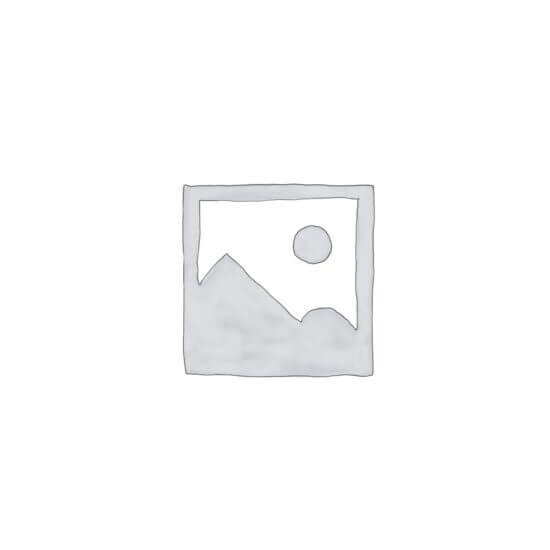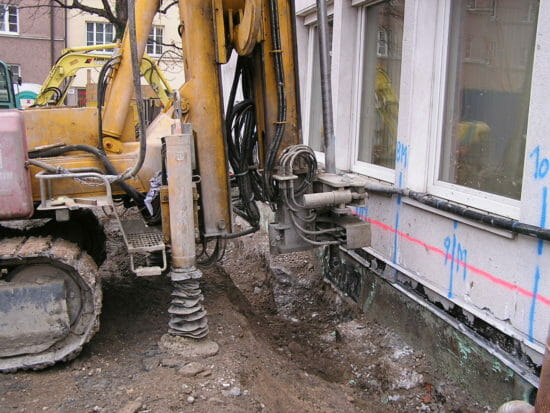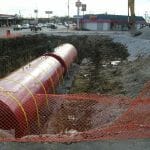Subtotal: $1.00
- Course No E – 1220
- PDH Units 3.00
No data found for Custom Course Number
No data found for Custom Course Units
- Course No E – 1220
- PDH Units 3.00
Intended Audience: civil engineers and construction professionals looking for an introduction to soil grouting technology
PDH UNITS: 3
Grouting is a widely used method for strengthening and sealing rock, soil and concrete. The possibilities for sealing structures are of great importance from both an economic and environmental point of view. The cost of grouting has in certain projects been as high as the cost of blasting and excavating the tunnel. To improve the technique for grouting with cement-based material, it is necessary to examine the properties of the grout mixture used. This course is intended to provide an introduction to soil grouting materials and procedures for those engineers not familiar with the technology and its application. In planning a grouting program for particular conditions, the engineer needs knowledge of the various types of grouts and their properties. The basic types of grouts now in use and their properties and applications are discussed. Types of admixtures and fillers used and their effects on the grout are also discussed. The most common types of grouts are Portland-cement, clay, chemical, and asphaltic grouts. No one grout is suitable for every situation. The properties of each specific grout make it desirable under certain circumstances. Course Outline I. INTRODUCTION II. PORTLAND-CEMENT GROUT A. Portland-Cements B. Mixing Water C. Fillers D. Admixtures E. Effect of Groundwater III. CLAY GROUTS A. Material B. Natural Soils C. Processed Clay D. Testing Clays for Grouts E. Admixtures F. Proportioning Clay Grout IV. ASPHALT GROUTS V. CHEMICAL GROUTS A. Precipitated Grouts B. Polymerized Grouts VI. GROUTING PROCEDURES A. General B. Curtain Grouting C. Blanket or Area Grouting D. Contact Grouting E. Mine and Cavity Filling F. Order of Drilling and Grouting G. Inclined Grout Holes H. Pressure Testing and Washing.
Learning Objectives
At the successful conclusion of this course, you’ll be able to identify and discuss:- Learn about the characteristics and applications of the primary soil grouts: Portland-cement, clay, asphalt and chemical.
- Learn about how to improve the performance of grouts with admixtures such as accelerators and lubricants.
- Learn about polymerized grouts including acrylamide, resorcinol-formaldehyde, calcium acrylate and epoxy resin.
- Learn about grouting procedures such as curtain, blanket or area, contact, and mine/cavity grouting.
- Learn about the importance of pressure testing and washing in grouting.
- Learn how groundwater can affect grouting operations.
Once completed, your order and certificate of completion will be available in your profile when you’re logged in to the site.


 test
test 







